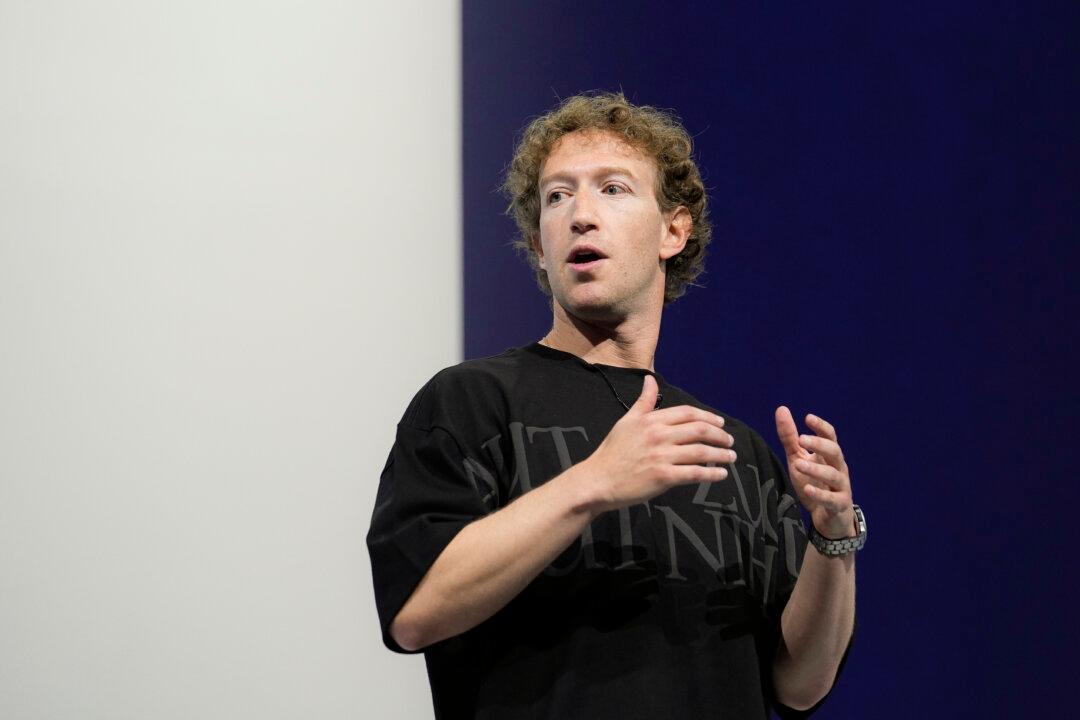The European Commission has reacted with reservation to Meta’s decision to replace fact-checkers in the United States with a new community notes system, sparking a debate about how the tech giant will fare under the European Union’s strict internet controls.
Meta will begin replacing its fact-checkers in the United States with a new “community notes” system similar to the one used on Elon Musk’s social media platform, X, Meta CEO Mark Zuckerberg announced on Jan. 7.




